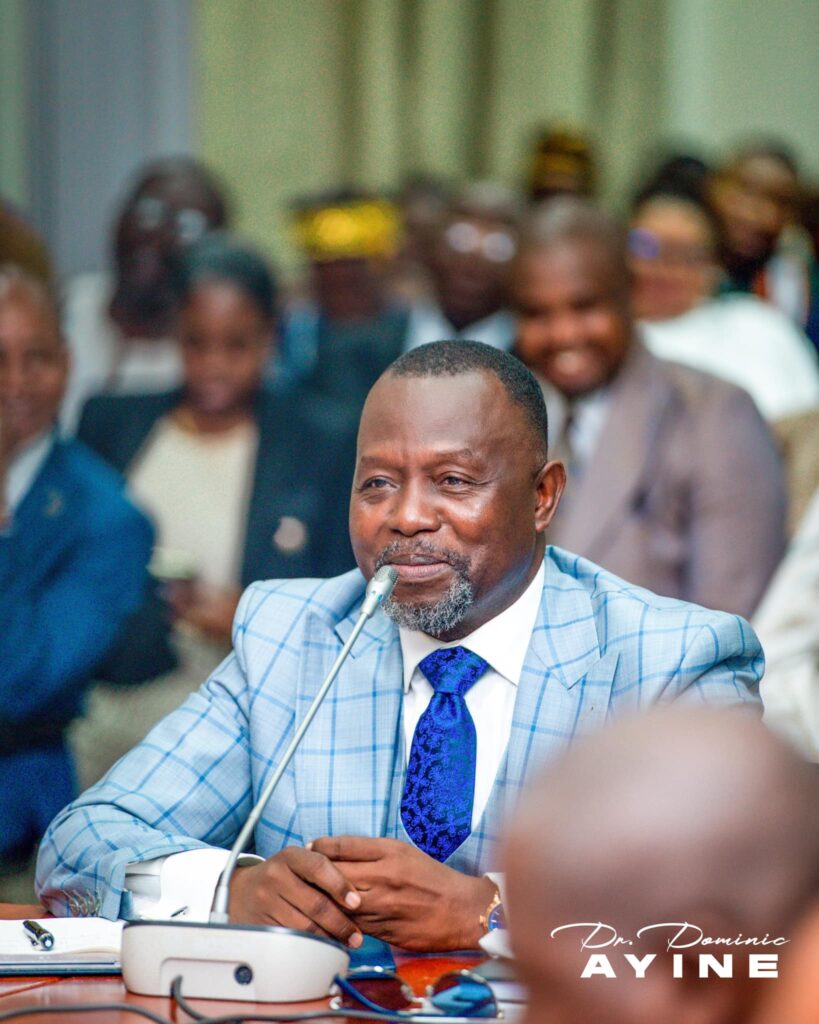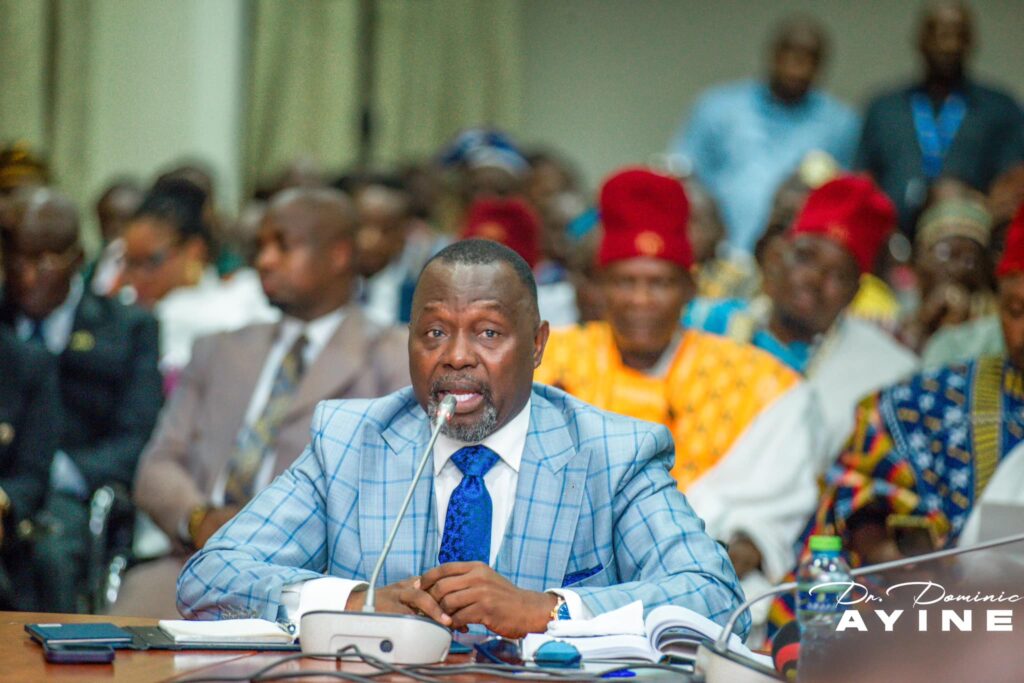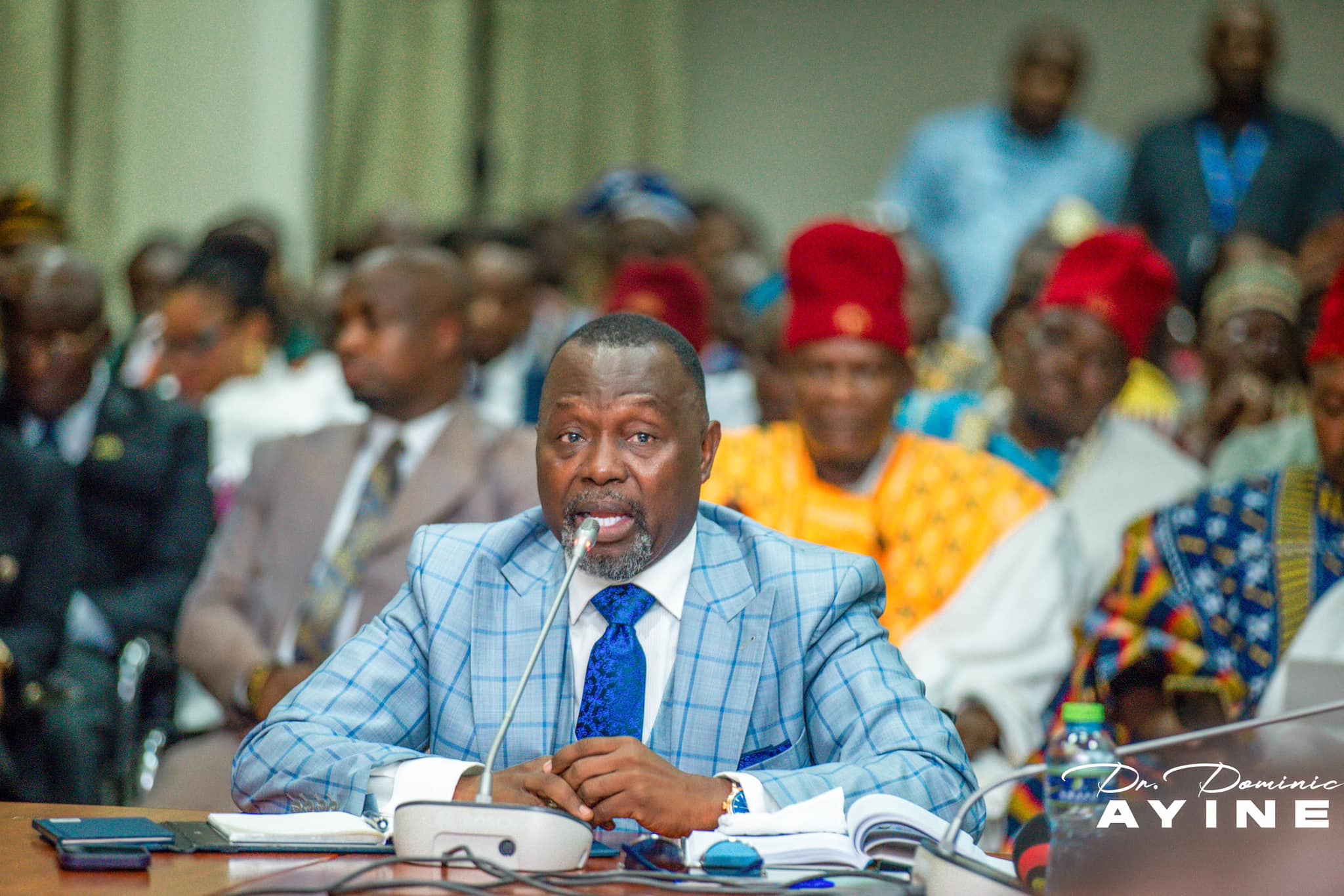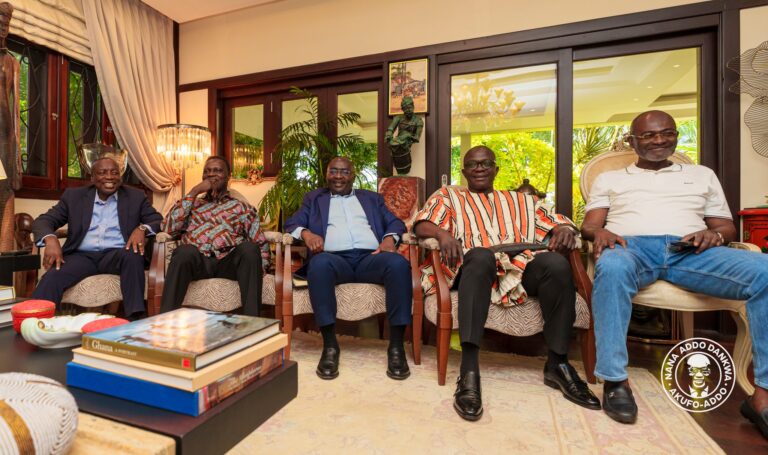Attorney General and Minister of Justice, Dr. Dominic Ayine, has explained that Ghana cannot formally request the extradition of former Finance Minister Ken Ofori-Atta from the United States until a solid legal case is built and formal charges are filed.
Speaking at the Government Accountability Series in Accra, Dr. Ayine emphasised that international extradition, particularly with the United States, requires comprehensive documentation and evidence before any formal request can be initiated.

“When doing extradition, you cannot request unless you have a solid case — a docket that has been built. And in the case of the Americans, the practice is for you to have filed charges,” Dr. Ayine stated.
He explained that the Attorney General’s Office is currently waiting for the appropriate docket from relevant investigative bodies before taking the next legal steps.
“Without a docket, we cannot make the request. So we are still waiting for the docket. That is all I can say for now,” he added.
Dr. Ayine drew parallels to a previous case involving Kojo Boateng, where the U.S. Department of Justice submitted a full bill of indictment detailing charges and supporting evidence after a six-year investigation before Ghana acted on the request.
He stressed that Ghana must follow due process and international legal standards to ensure the extradition process is credible and legally binding.
“I respect the autonomy of the Office of the Special Prosecutor, but we in the Attorney General’s Department cannot begin an extradition request with a bare letter. We need the evidence to be able to do so,” he clarified.
The Attorney General’s comments come amid heightened public interest in ongoing investigations surrounding the former Finance Minister, who has been at the centre of discussions regarding alleged financial misconduct.
Dr. Ayine assured the public that the formal processes have begun, and the government will take appropriate action once all necessary evidence and documentation are available.
He underscored the government’s commitment to upholding the rule of law, ensuring that every step in the extradition process adheres to both domestic and international legal frameworks.

“Extradition is not a political process; it is a legal one,” he said. “We will only proceed when we are fully satisfied that the required legal foundation has been laid.”
Legal analysts note that extradition requests between Ghana and the United States are governed by strict treaties that demand formal charges, verified evidence, and judicial oversight before any suspect can be transferred.
For now, the case remains under review as investigative authorities compile their findings for submission to the Attorney General’s office — the next critical step in determining whether Ghana will formally pursue Ken Ofori-Atta’s extradition.




